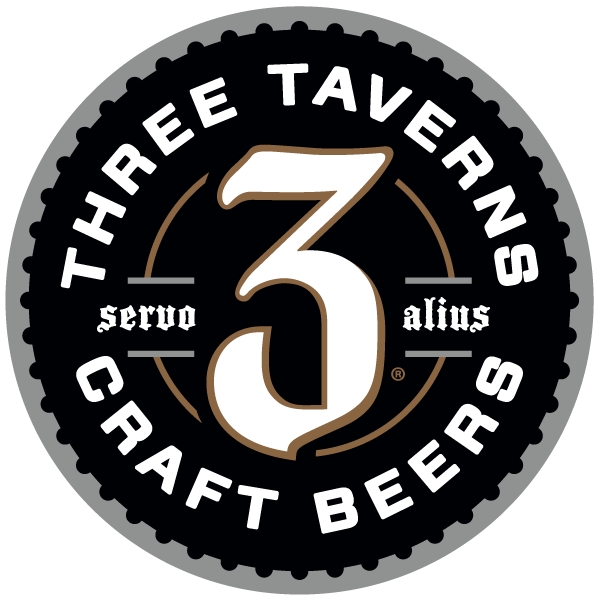The mission of Three Taverns is to unlock and inspire the pursuit of a more transcendent experience of life, inviting our friends and neighbors to join us at the table of discovery and raise a glass in gratitude and merry celebration. From inception, the slogan for Three Taverns has been transcendo mediocris, or “surpass the ordinary.” It is deeply woven into our very being and expresses itself in everything we do.
To be truly artisanal, we must first learn to taste beer with our taste buds and our hearts, combining the evidence of our eyes and our memories and our imaginations with the experience of our salivary glands. Our effort to craft beers that amaze and inspire requires us to be deliberate about each and every thing we do.
Artful care defines the styles we brew and the glasses we use, the stories behind the names and the label designs, the way we mash grain and produce wort, our selection of hops, the spices and sugar sometimes added to the boil kettle, and finally, the careful, almost spiritual attention given to the fermentation process where yeast transforms wort into beer.
While the advances of modern science and technology allow us to see how the living organism called yeast actually turns sugar into alcohol, there is still a mystique to the creation of beer—as humans, we are dependent on something outside of ourselves for the fermented drink. Little wonder that throughout history, beer has been understood as a gift and associated with the divine, leading monastic brewers in the dark ages to give yeast a name, “Godisgood.”


